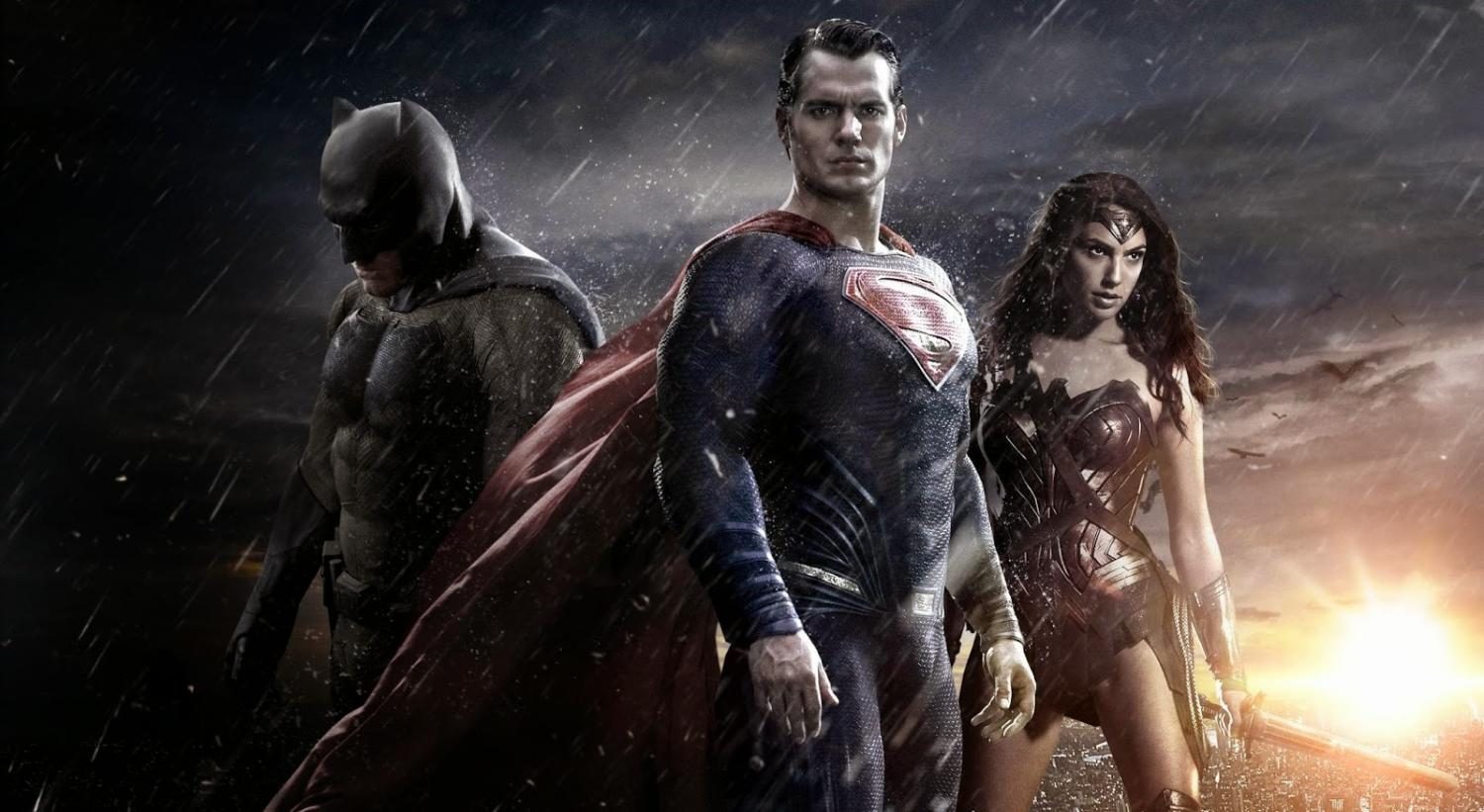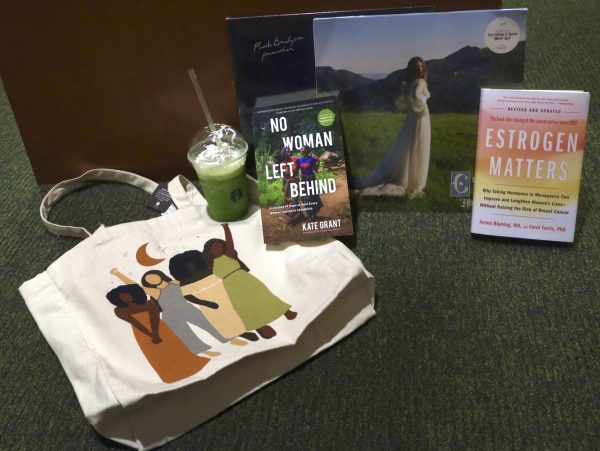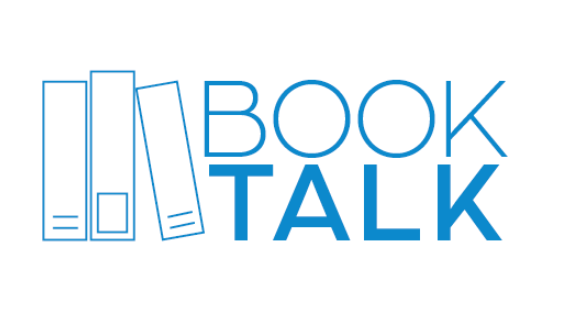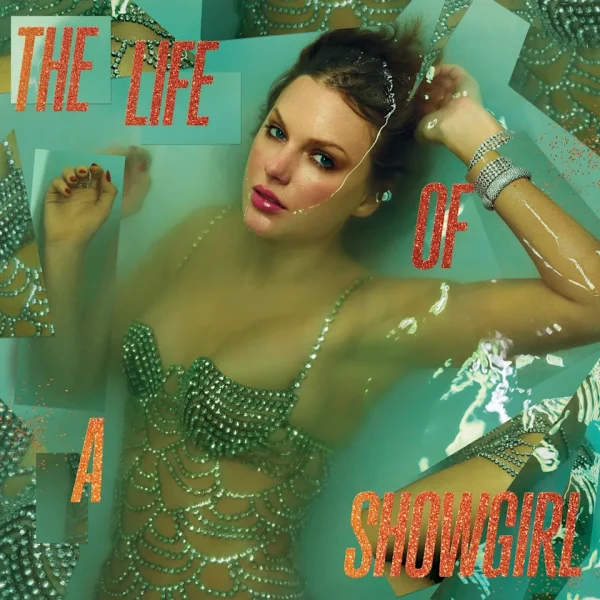The Comic Critic: The downsides of being iconic
photo by phcityonweb.com
Batman (left), Superman (middle), and Wonder Woman (right), are the three most iconic heroes of DC Comics. All three are set to appear in Justice League, which releases Nov. 17.
They are heroes that transcend the silver screen and become ingrained in popular culture. They are the heroes you see people casually wear shirts of in the mall. They are the heroes that, if you mention them to someone, no matter who they are, they’d be able to know who you’re talking about.
However, as some celebrities would attest, there’s a dark side to being famous.
This summer’s Spider-Man: Homecoming gave us the first solo outing of actor Tom Holland’s incarnation of the character. Ever since Tobey Maguire’s version of the webslinger debuted in 2002, Spider-Man has managed to join the ranks of Batman and Superman as an icon of the superhero genre. However, while the caped crusader is dark and brooding and Superman is the ultimate Boy Scout, Spider-Man connects with comic fans through his youthful feel and relatability. Everyone remembers being a Peter Parker at some point in their lives, and Holland does a masterful job at portraying this, and the fact that he also looks the part merely supplements that performance.
This contrasts heavily with Andrew Garfield’s take on the character during both Amazing Spider-Man films in 2012 and 2014, which took more of a serious route with Peter Parker’s character. This might explain why reception to both films were fairly mixed. Maguire’s incarnation of the character had already set a precedent that Spider-Man is a lighter tone kind of hero, when Garfield’s version ended up messing with that, both audiences and critics were subsequently turned off. There’s a reason why The Amazing Spider-Man 2 is both the lowest rated and lowest grossing Spider-Man film.
Now that Marvel has managed to strike gold with the web slinger once more, the pressure is on to keep it that way. Maguire and director Sam Raimi had been doing a wonderful job with the character until they dropped the ball in Spider-Man 3, particularly when Peter went emo for a small portion of the film. Holland and his director, Jon Watts, will need to avoid making these kinds of mistakes in order for this incarnation of the character to consistently remain in the audience’s good favor. It will not be easy, but if Homecoming is any indication, the role is in good hands.
On the opposite end of the spectrum is Wonder Woman. While the heroine does have more flexibility regarding atmosphere and story than Spider-Man, there are still some preconceived notions that can be inferred by fans that are aware of her backstory that need to be addressed. The main gist of it is that she spent her formative years away from the world of man on the island of Themyscira, which is populated entirely by Amazons, who are all woman. Just with that alone, one could infer two things. One, Diana, upon arriving in the world of man, will be naïve to many of its customs, and two, she would be negligent toward the societal norm when it comes to gender roles.
Director Patty Jenkins needed to find a way to incorporate these characteristics into a character that audiences could latch on to, but seeing how this would be Wonder Woman’s first solo film, it wasn’t something that could be taken lightly. If one of these logical characteristics was taken too far, Diana may come across as either insufferable or annoying, and with the DC Extended Universe being the way it was, that was the last thing it needed.
Thankfully, Wonder Woman proved to be a gem, addressing the obvious characteristics of Diana Prince’s (Gal Gadot) character that results from her upbringing in isolation, but wisely doesn’t dedicate too much time to it and instead focus on her core beliefs and ideologies that continue to drive her in the present day, making her character in Batman v. Superman: Dawn of Justice more compelling. However, now that her character has been established, there’s no going back.
Both Wonder Woman and Spider-Man managed to impress this summer, but one of the burdens of the cinematic universe is that a character can appear in many films within only a year or so of each other, sometimes under the direction of different filmmakers. While Spider-Man has Avengers: Infinity War in 2018 and the still untitled Avengers 4 and his second solo outing in 2019, Wonder Woman has Justice League and her second solo film in December 2019. All of these films need to maintain the characteristics that audiences connected with, while at the same time advancing their characters in a way that stays true to not only themselves, but also the overarching narrative.
When certain incarnations of superheroes become icons, it’s like getting a tattoo. You can try to change it all you want, but the mark will always be there. The only thing filmmakers can do is try to add on to it so it still looks beautiful without sacrificing what it was in the first place.
Your donation will support the student journalists of Hagerty High School. We are an ad-free publication, and your contribution helps us publish six issues of the BluePrint and cover our annual website hosting costs. Thank you so much!












